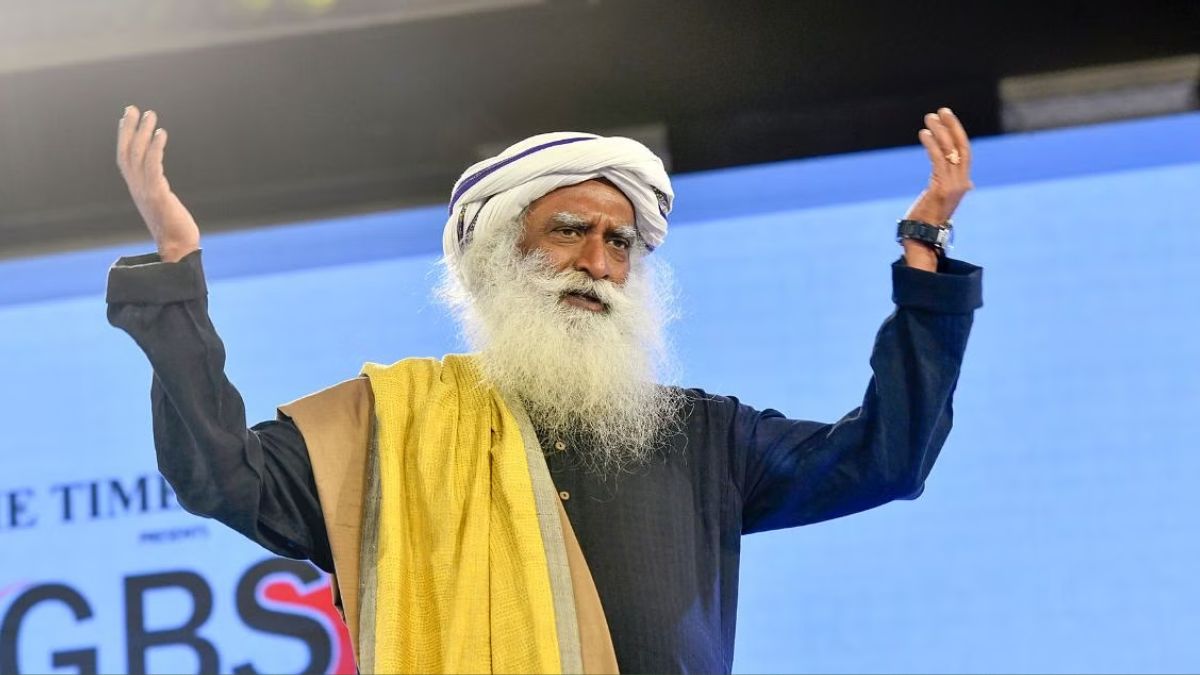The Supreme Court of India recently dismissed a habeas corpus petition concerning two adult sisters residing at the Isha Yoga Centre in Coimbatore. The petition, filed by their father, a retired professor, alleged that his daughters were illegally confined and brainwashed. However, the Supreme Court, after considering statements from the sisters themselves, determined that they were residing at the ashram voluntarily and were free to leave at any time. This decision highlights the complexities surrounding individual autonomy, parental rights, and the legal considerations involving spiritual communities.
The Supreme Court’s Decision and its Implications
The Supreme Court’s dismissal of the habeas corpus petition marks a significant development in this case. The court’s decision rested heavily on the statements of the two adult daughters, who explicitly stated their wish to remain at the Isha Yoga Centre. This emphasis on the autonomy and agency of the individuals involved underscores the legal principle that adults have the right to make their own life choices, even if those choices differ from the preferences of their family members.
Individual Autonomy Versus Parental Concerns
The case highlights the inherent tension between individual autonomy and parental concerns. While parents naturally have a deep interest in their children’s well-being, the legal system recognizes that adult children have the right to make their own decisions, even if those decisions are considered unwise or upsetting by their parents. The Supreme Court’s decision affirmed this principle, prioritizing the expressed wishes of the two sisters over the concerns of their father. The court’s ruling avoids any potential infringement on the personal freedom of the sisters, even though the father believes that this is an unhealthy situation, protecting their choice of lifestyle.
The Role of the Isha Yoga Centre
The Isha Yoga Centre, a prominent spiritual organization, found itself at the center of this legal dispute. While the court’s decision does not explicitly address the practices or activities within the Centre, the case implicitly touches upon the relationship between spiritual communities and their members. The Centre maintained that the sisters’ residency was voluntary and that it does not coerce or compel individuals to remain. The court’s decision indirectly accepts this statement.
Legal Framework and Future Considerations
This case involves a complex interplay of legal principles, including habeas corpus, individual autonomy, and the potential limits on parental authority concerning adult children. The Supreme Court’s ruling offers a valuable precedent for future cases involving similar circumstances. The court’s focus on the voluntary nature of the sisters’ residence sets a precedent for situations where the rights and choices of adults living in similar settings are contested. This precedent strengthens the protection of adults who independently choose their living situation within any institution or community.
The Professor’s Allegations and the Sisters’ Testimony
The case began with the retired professor’s claim that his daughters had been “brainwashed” into remaining at the Isha Yoga Centre, alleging illegal confinement and implying coercion. This claim prompted the Madras High Court to initiate an investigation, leading to further legal proceedings at the Supreme Court.
Contrasting Narratives
However, the sisters consistently countered their father’s accusations throughout this legal process. Their direct testimony before the Madras High Court and, presumably, before the Supreme Court, was central to the final ruling. Their testimony played a pivotal role in the Supreme Court’s assessment, highlighting the importance of direct accounts and the individual agency in these sorts of complex situations. They refuted their father’s account of events in totality and presented evidence of their voluntary choices and actions.
The Importance of Testimony in the Legal Process
This case illustrates the vital role that individual testimony can play in legal proceedings. The court, in relying heavily on the sisters’ statements affirming their voluntary residence, showcased the primacy of personal accounts and self-determination in reaching a fair decision. Their statements provided decisive counter-evidence, illustrating the vital role of an individual’s perspective in legal disputes.
Media Coverage and Public Perception
The case garnered considerable media attention, sparking public discussion about the balance between individual freedom and parental concern, as well as the nature of spiritual organizations and their interaction with members.
Public Discourse and Ethical Considerations
Media reporting of the case inevitably focused on the differing claims put forward by the involved parties. The ongoing debate concerning individual liberty versus familial expectations highlighted the delicate balance between societal values. The differing narratives, ranging from allegations of “brainwashing” to assertions of personal autonomy, fueled a broader public discourse on the topic.
Impact on Public Perception of Isha Yoga Center and Spiritual Organizations
Public perceptions of the Isha Yoga Centre were inevitably shaped by the media coverage and the varying accounts of the situation. The legal outcome influences public trust, ethical standards, and community relationships within both the involved spiritual community and the greater societal discourse surrounding the issue.
Takeaway Points
- Adult individuals have the right to make their own choices regarding where they live and how they live, even if those choices differ from the expectations of their family members.
- The legal system prioritizes the expressed wishes and testimonies of adults in disputes concerning their personal liberty.
- Cases involving spiritual communities and their members raise complex ethical and legal considerations.
- The outcome of the case demonstrates how individual testimony can play a crucial role in legal proceedings.
- Balancing the rights of individuals and concerns raised by families remains a nuanced process involving intricate judicial interpretations of the law.




